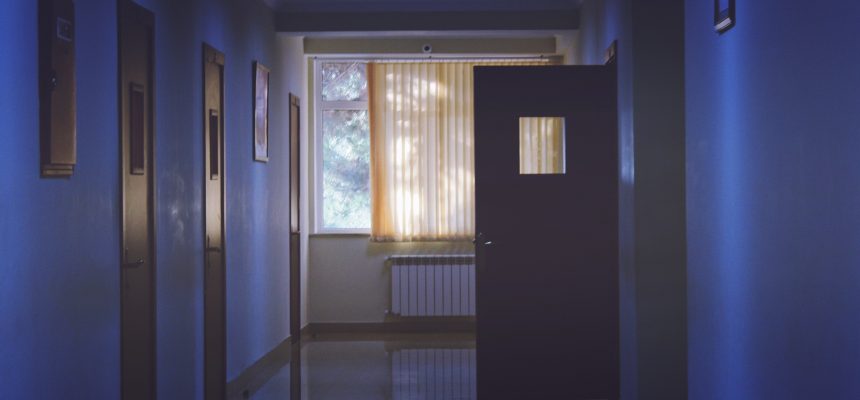CA Families Struggle To Receive Mental Health Care
By Consumers For Quality Care, on March 20, 2019

In February 2018, Jill Williams brought her 25-year old son, Austin, to the Sutter Roseville emergency room. Austin, who has schizophrenia, was agitated, not speaking, and unable to walk. Around 11 p.m., Williams left the hospital to get some sleep. She asked the hospital to inform her when Austin was going to be discharged so she could come back, Cal Matters reports. A few hours later, she received a call saying a crisis worker was letting Austin go home.
Williams rushed to the hospital. According to her account: Despite the cold winter morning, her son was outside wearing no shoes, surrounded by security guards. Suddenly, he took off, sprinting up a parking structure. A guard chased him. Three stories up, Austin hurled himself over the side.
Austin landed on the ground outside of the emergency room’s main entrance. Williams watched as doctors rushed to triage Austin and move him inside. Thankfully, he survived. Williams said that in that moment, she was fully aware of the differences in care the hospital provided for Austin’s mental and physical crises.
“It was a really powerful moment,” Williams said. “I was very cognizant of the difference. It was just profound—and so sad.”
According to a statewide poll conducted by the Kaiser Family Foundation and California Health Care Foundation, 88 percent of Californians want the state to address access to mental health care. More than 50 percent of those surveyed said their communities lack providers and services.
Parity laws are supposed to ensure that consumers have the same access to mental health care as other types of care but many advocates say that discrimination is widely at play. Consumers for Quality Care recently reported on a judge’s ruling that UnitedHealth Group discriminated against mental health and substance abuse patients.
Last year, The Kennedy Forum, The Kennedy-Satcher Center for Mental Health Equity, and other groups released a report that gave California’s parity laws a failing grade. A forum for the National Union of Health Care Workers highlighted some providers’ concerns.
“The HMO is not going to go to oncology and say our next available opening is in six weeks so that’s what’s available,” said Kenneth Rogers, a psychologist with Kaiser in Elk Grove, and shop steward for the union. “We think that Kaiser is doing these sorts of things with psychiatry.” Research says psychological treatment involves weekly therapy, he said, “not interventions where you’re seeing patients six or eight weeks out.”
While mental health providers complain that they are understaffed, consumer advocates point to the confusing network of hoops patients must jump through to receive care. Prior-authorizations and re-authorizations are both common for care coverage and can take up to 30 days to be processed.
Sheree Lowe, the vice president of behavioral health for the California Hospital Association, highlights the difference between physical and mental care.
“That doesn’t happen if you go in with a fractured hip or with pneumonia,” she said. “It’s just approved.”




